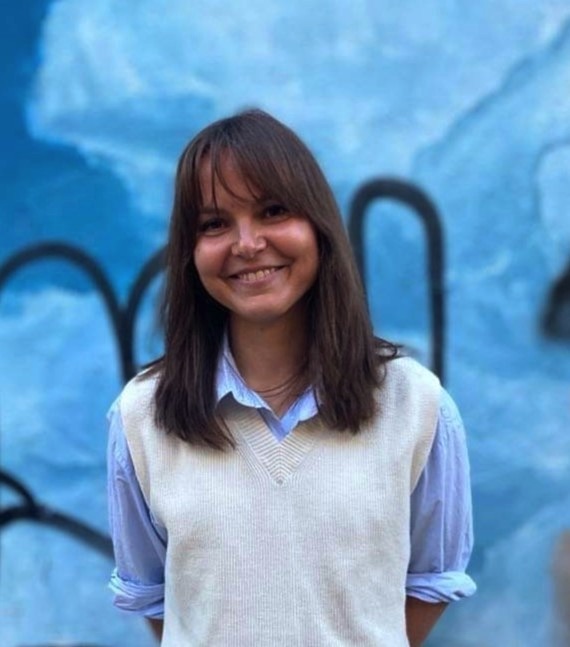Welcome to the first RUCARR seminar this spring semester. On Tuesday February 6, 15.15–16.30 Dr Lena Hercberga (Copenhagen Business School) will present her research:
How to be many: understanding difference and disagreement among young Russian speakers in Latvia
 Lena Hercberga (Copenhagen Business School) holds a Doctoral degree from the University of Bristol, UK. Her current research interests include revisiting post-Soviet identity struggles, social cleavages, and democracy from alternative points of view, such as e.g., radical democracy and agonistic pluralism. Additionally, Lena is interested in self-reflexive forms of inquiry and non-conventional research methods
Lena Hercberga (Copenhagen Business School) holds a Doctoral degree from the University of Bristol, UK. Her current research interests include revisiting post-Soviet identity struggles, social cleavages, and democracy from alternative points of view, such as e.g., radical democracy and agonistic pluralism. Additionally, Lena is interested in self-reflexive forms of inquiry and non-conventional research methods
Abstract
This self-reflexive ethnographic study aims to contribute to the knowledge about minoritised young Russian speakers in Latvia by understanding how a group of young Russophone high-school students (aged 16-18) perceive and perform difference in the context of long-lasting exclusionary minority politics in the country. By applying the theoretical lens of Chantal Mouffe’s agonistic pluralism, the study was able to foreground moments of disagreement and conflict – as opposed to the conventional focus on the moments of consolidation and unity – with ‘the other’. The methodological approach to extend school ethnography to an urban walking experiment allowed to account for Mouffe’s emerging and nomadic conception of identity as well as to observe the group’s engagement with ‘the different’ in a less confined setting.
The study contributes to the pool of previous research in this field by unpacking complexity behind the relations of the research participants with ‘self’ and ‘the other’. The process of perceiving and performing difference by these young people can be described as a balancing act of two contradictory yet complementary behaviours: 1) displacement across various discursive fields in the process of self-making, and 2) fixation – when the research participants perform their difference according to the context and structures of power in place. By being able to navigate complex structures of power, social norms and expectations ‘on the surface’, these young people thus negotiate a ‘backstage’ space where they can be many, i.e., enact multiple, at times conflicting discursive fields in the process of self-making. By depicting the research participants as constituted through multiple subject positions, the study contributes to the critique of binary conception of Latvian society along ethnic lines, as well as to more global issues of democratising minority/majority relations in post-Soviet/post-colonial contexts.


